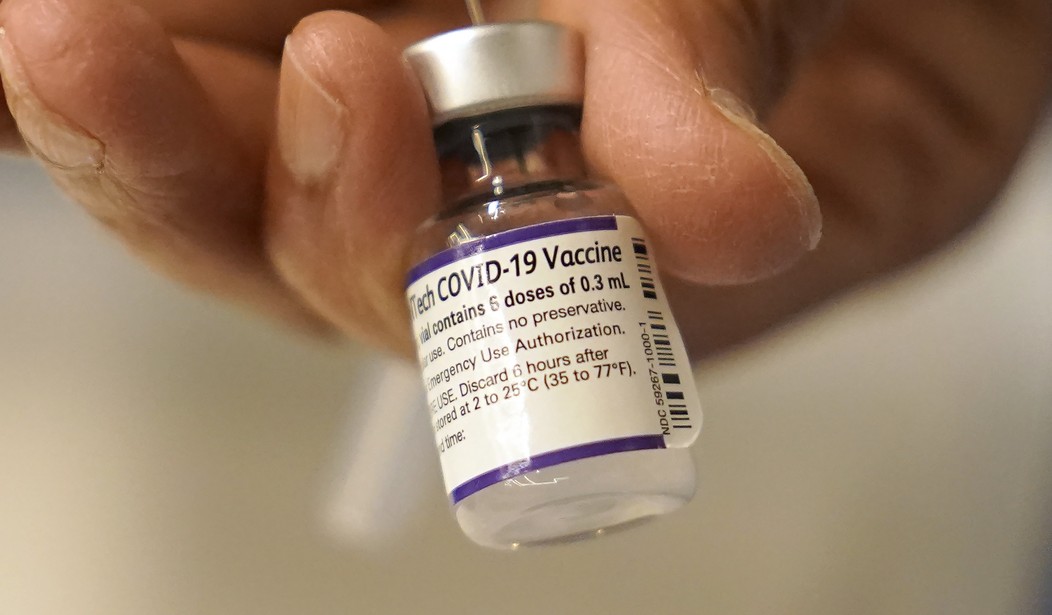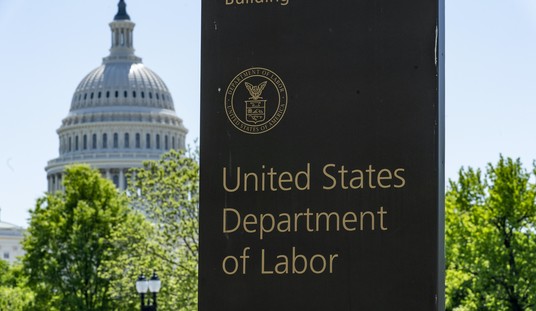A new study on the COVID-19 vaccines and their administration to children is raising questions about prior mandates, while pointing to longer-term concerns.
The results and methodology were published on the JAMA Network, which has a variety of medical journals covering different fields. The three headlining researchers were
What the study found, in my reading of the material, directly contradicted the COVID hysterics who have been pushing coronavirus vaccination on children (ages 5-11) and adolescents (ages 12-15).
Question Does the estimated effectiveness of 2 doses of the BNT162b2 COVID-19 vaccine against symptomatic SARS-CoV-2 Omicron variant infection (based on the odds ratio for the association of prior vaccination and infection) wane rapidly among children and adolescents, as has been observed for adults?
Findings In a test-negative, case-control study conducted from December 2021 to February 2022 during Omicron variant predominance that included 121 952 tests from sites across the US, estimated vaccine effectiveness against symptomatic infection for children 5 to 11 years of age was 60.1% 2 to 4 weeks after dose 2 and 28.9% during month 2 after dose 2. Among adolescents 12 to 15 years of age, estimated vaccine effectiveness was 59.5% 2 to 4 weeks after dose 2 and 16.6% during month 2; estimated booster dose effectiveness in adolescents 2 to 6.5 weeks after the booster was 71.1%.
The goal of the study was to measure the effectiveness of the two-dose regimen in children regarding symptomatic infection. In other words, do the vaccines do what they are supposed to do or not? It’s already been established that they do not stop the spread of COVID-19, but do they at least dramatically lower the risks of symptomatic infection? In adults, especially those who are older and/or at higher risk, the answer to that is yes, though a discussion over when it becomes statistically necessary is a worthy one.
But in children, the results here raise real questions about whether there should be any push at all to vaccine them. Other countries in Europe have decided against vaccinating children due to the already nearly non-existent risk from COVID-19 and lack of longitudinal data. What we see in this study is that after receiving dose two, at which point they become definitionally “vaccinated,” it took only two months for effectiveness to drop down to 28.9%. In adolescents, that number was a paltry 16.6%. Worse, effectiveness actually became negative after four months.
Here’s the chart that is shown in the study’s graphic resources.
Data released today indicates that millions of 12-15 year old students were coerced into taking a Covid vaccine that was negatively effective after only 4 months.https://t.co/C3KXrgUqhc pic.twitter.com/BfH9D1hUkz
— The Robber Baron (@Robber_Baron_) May 14, 2022
The study did not measure the effectiveness of a booster after 6.5 weeks, but it’s certainly logical to think that effectiveness could wane rapidly, just as it did with the two-dose regimen.
Regardless, any decision on whether to give a child a vaccine always requires a weighing of the pros and cons. It’s not enough to just say that the COVID-19 vaccine has some effectiveness for a 12-year-old. You have to measure that effectiveness against their prior risk to determine if the unknown risks in the equation should be ignored. In this case, I believe that when you consider the risk of symptomatic infection to children and adolescents was already minuscule, to the point where the regular flu is more dangerous, it becomes extremely hard to justify the hysteria to vaccinate children against the coronavirus.
Still, parents have a right to do so if they wish, and I won’t suggest otherwise. Where things cross the line, in my opinion, is when states and local governments mandate children and adolescents receive the COVID-19 vaccine. I do not see the justification for any such measure given the data. Further, because the rapidly decreasing effectiveness actually enters negative territory relatively quickly, serious concerns are raised about how the shots will affect children and adolescents many months and years down the road.
In summary, we should not be mandating these vaccines for anyone, but we certainly should not be doing so for children and adolescents. Politicians that continue to push those policies should be held to account in November’s election. At the end of the day, it is parents who should be making these decisions — not government officials and bureaucrats.














Join the conversation as a VIP Member